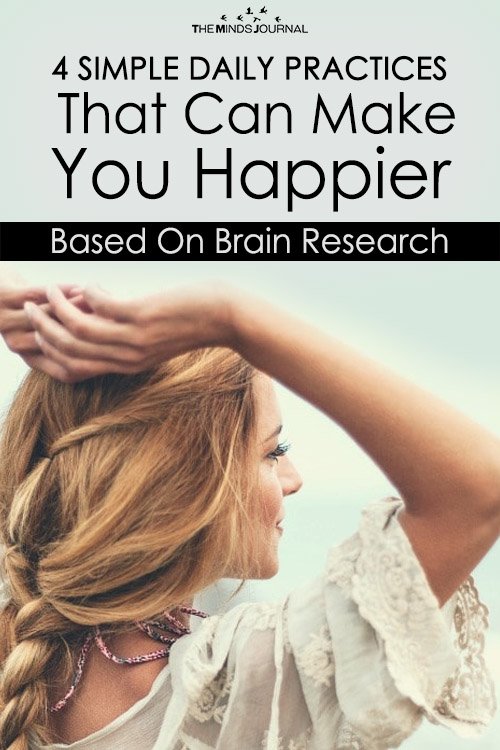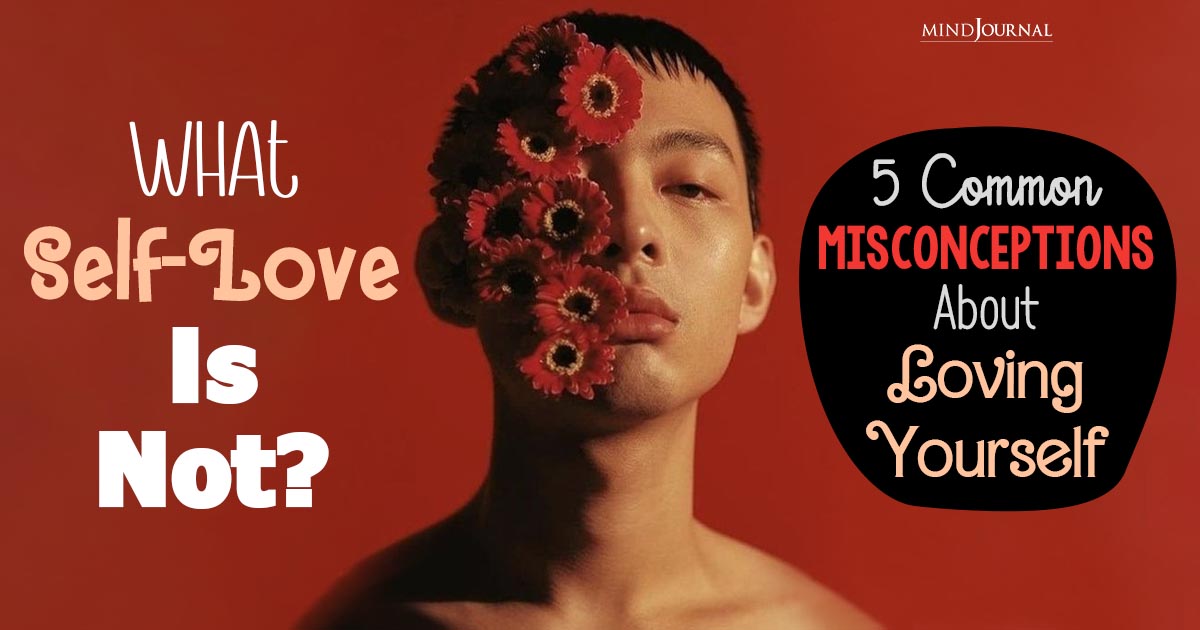If you try to have the best of everything, you’re likely to be paralyzed by indecision or dissatisfied with your choice. In fact, this kind of “maximizing” has been proven to increase depression. So don’t try to make the most amazing dinner; start out by just making a good dinner. Don’t try to be the perfect parent; just be a good one. Don’t try to be your happiest; just be happy.” ~ Alex Korb
UCLA neuroscientist Alex Korb, suggests on to bring more happiness into our lives and how simple daily practices can make you happier. An employment opportunities website called Ladders compiled the advice given by Alex Korb, in his work ‘The Upword Spiral’ which tells you how to find happiness based on scientific studies conducted on the brain.
Alex has some great suggestions you can do everyday to feel happier.
1. Label Your Emotions – To Help Understand your feelings
Whenever you feel something that is not positive like unhappiness or rage, give that emotion a name. This might not look like a big thing but your brain actually has a faster response time when you are able to verbally acknowledge your emotions. One of the studies mentioned in ‘Upword Spiral’ shows how people are less affected by those emotions when they deliberately chose to recognize and acknowledge them.
A user on Reddit called letslabelthisfornow has spoken about how this technique was life-changing for them. It is easy but it affects you deeply but subtly. The feelings aren’t taken away but you can simply move away. You will understand that the emotions you experience on a daily basis aren’t associated with anything in particular.
You never know what will set you of. Lashing out at your spouse, your colleague or your boss can be caused by an aching head, an upset stomach or even just leaving your phone at home when you’re going to work. We have this tendency to think about those feelings later on when we’ve pretty much forgotten what they were about. If you start acknowledging them immediately, you are less likely to lose control.
2. Think about what makes you thankful
“I am grateful for what I am and have. My thanksgiving is perpetual.” ~ Henry David Thoreau
There’s plenty of scientific evidence to support the phrase “being grateful makes us happier”. According to Alex Korb, being thankful has more rewards than we know of. It is an emotion that stimulates the brain into producing increased quantities of dopamine and also stimulates more work in the social dopamine circuits. This also helps make our time with others more fun. Thankfulness also increases the production of serotonin. It has the same effect as antidepressants.
As noted by the Ladder, it is okay if you can’t find anything specific to be thankful for. You don’t have to find reasons as long as you think about looking for it. This is an indication of emotional intelligence. When there is more of the latter, our neurons work more effectively.
Privatdozent on Reddit also points out that it is important to understand that we might have blinded ourselves when we can’t find something to be thankful for. Just think about the challenges you don’t have to face and the few luxurious things you have. We need to keep thinking in a positive manner and ensure that we think about the good just as much, if not more, than about the band.
Read These 5 Factors Are Crucial To Living a Happy Life according To Carl Jung
3. Make decisions
“You can turn a tendency toward a downward spiral of depression and anxiety into an upward spiral of joy and clarity in your life.” ― Alex Korb,
If you always feel like you’ve only got more and more work to do, you will never be able to stop being anxious. Sometimes just deciding on one particular can make you feel less anxious than letting yourself worry over all the possible end results over and over. According to Korb, deciding on something gives you purpose and aims to fulfill.
These three functions all fall under the same neural circuit and ensure that the prefrontal cortex is less affected by negative emotions like anxiety and stress. When you decide on something, you will also feel like you are in charge of your own situation. Loss of control can make you feel more helpless and anxious. It’s also great when you’ve decided on something and that works out well.
If you keep putting off the process of making important choices for a later time, the shadow of that pending task will keep hanging over you at all times. Often it makes you even more hesitant than you were.
4. Physical contact with those you care about
It is well known that interacting with others can make a person feel more accepted and lead to greater feelings of happiness. The Upward Spiral also advocates for more physical contact between people. More oxytocin is released when we physically touch someone else.
Also called the ‘love hormone’, according to Psychology Today, Oxytocin controls the way we interact with each other as well as playing a major role in sex and reproduction. It regulates activities like creating the bond between the mother and child, lactation, orgasms and more.
We’ve all turned to physical contact when we needed comfort at some point or the other. Sometimes there is nothing like a warm hug from someone you care about to make you feel better. When we make physical contact with another person through a caress, a hug or a kiss, the brain is stimulated into producing more oxytocin.
It is also the hormone which makes us trust the people we are close to. It is like the cure for depression. Korb says that just holding on to someone’s hand when we are experiencing something difficult can be very comforting and ensure that your brain feels the impact of the pain less. Hence it is important to give out hugs when you can.
Read Alan Watts On Why The Present Moment Counts The Most In Life
The Minds Journal Articles Volume -1 is Copyright Protected vide Regd.# L-103222/2021











Leave a Reply